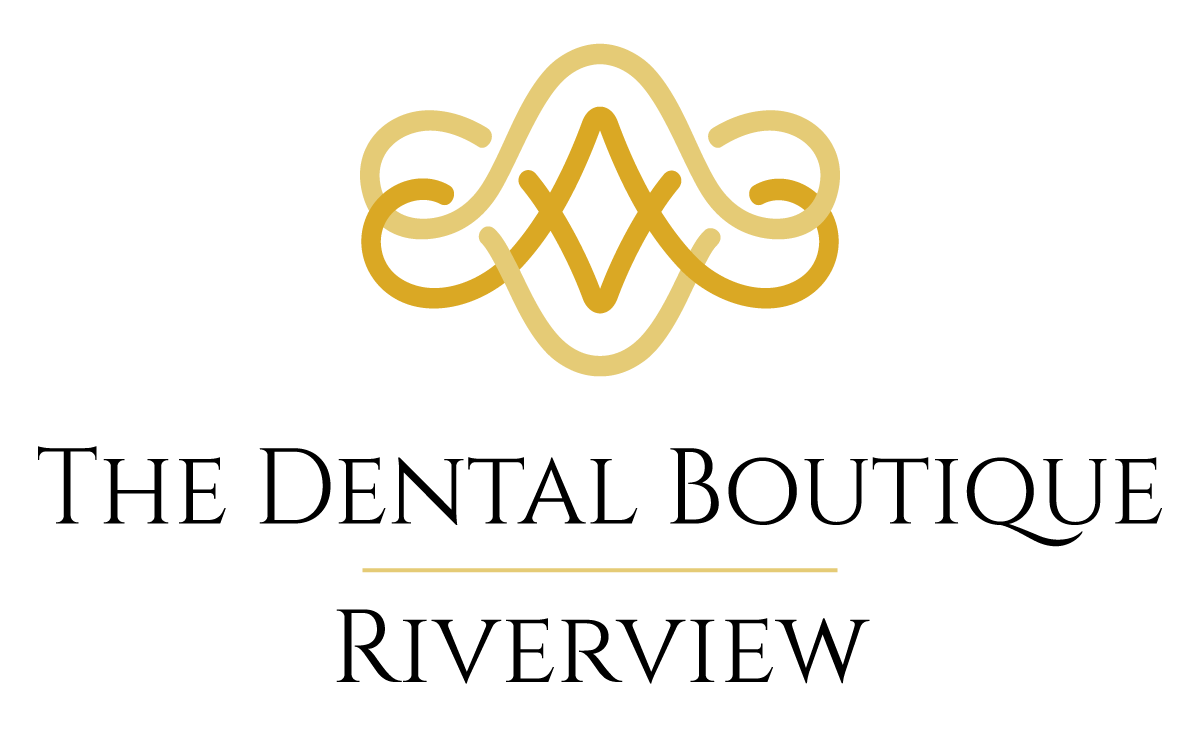TMJ Disorders: Causes, Symptoms, and Treatment Options
The Dental Boutique Riverview is committed to offering advanced digital and restorative oral health care services that cater to a wide array of dental concerns. One prevalent and often overlooked dental issue relates to the temporomandibular joint (TMJ), which connects your lower jawbone to your skull. Issues with this joint can lead to TMJ disorders, causing a range of troublesome symptoms that can negatively impact your quality of life and dental health.
TMJ disorders can result from various factors, including jaw injuries, inflammation, arthritis, teeth grinding (bruxism), misaligned teeth, or even stress. Symptoms associated with TMJ disorders include pain in the jaw, face, ears, or neck, headaches, difficulty chewing, clicking or popping sounds upon jaw movement, and restricted jaw mobility. Since many of these symptoms can also be attributed to other conditions, correct diagnosis of a TMJ disorder is crucial for proper treatment.
In this comprehensive guide, we will explore the complexities of TMJ disorders, discussing the various causes and symptoms and the multiple treatment options available to relieve discomfort and improve jaw function. By thoroughly understanding TMJ disorders and available treatment solutions, you can better assess whether you may be experiencing TMJ-related issues and what steps to take to alleviate your symptoms and restore your dental health.
Causes of TMJ Disorders
TMJ disorders can result from a variety of sources, complicating diagnosis and necessitating a comprehensive understanding of potential contributing factors. Some common causes of TMJ disorders include:
1. Jaw Injuries: A direct or indirect injury to the jaw can lead to TMJ disorders, as these injuries can disrupt the normal function of the temporomandibular joint.
2. Teeth Grinding (Bruxism): Grinding your teeth, particularly during sleep, places excessive pressure on the TMJ, which can lead to jaw pain and the development of TMJ disorders.
3. Misaligned Teeth: Crooked or misaligned teeth can affect the way your jaw moves and functions, possibly resulting in TMJ issues.
4. Arthritis: Inflammation in the jaw joint can occur due to various forms of arthritis, including osteoarthritis and rheumatoid arthritis, leading to TMJ disorders.
5. Stress: High levels of stress or anxiety can lead to muscle tension and jaw clenching, putting undue strain on the TMJ and potentially causing TMJ disorders.
Symptoms of TMJ Disorders
Symptoms of TMJ disorders can manifest in various ways, making it crucial to recognize the signs and distinguish them from other conditions. Common symptoms associated with TMJ disorders are:
1. Jaw Pain: Persistent pain in the jaw, particularly when chewing or speaking, can indicate a TMJ disorder.
2. Clicking or Popping Sounds: Some patients with TMJ disorders may notice clicking or popping sounds when opening or closing their mouths.
3. Earaches or Tinnitus: TMJ disorders can also cause pain or ringing sensations in the ears.
4. Headaches or Neck Pain: As the temporomandibular joint is closely related to facial muscles and nerves, TMJ disorders may result in headaches or neck pain.
5. Changes in Jaw Mobility: Patients with TMJ issues might experience limited or uneven jaw movement or find their jaw locking in a specific position.
Diagnosing TMJ Disorders
Diagnosing TMJ disorders requires careful evaluation of a patient's symptoms, physical examination of the jaw, and possibly the use of imaging studies. During your appointment at The Dental Boutique Riverview, our dental professionals will:
1. Review Your Medical and Dental History: A comprehensive review of your medical and dental history helps identify any underlying conditions or factors that may contribute to TMJ disorders.
2. Perform a Physical Examination: Your dentist will examine your jaw to assess joint and muscle function, as well as identify any tenderness, limited movement, or clicking sounds.
3. Utilize Imaging Studies: In some cases, X-rays, CT scans, or MRIs may be recommended to evaluate the temporomandibular joint and surrounding structures in more detail.
Treatment Options for TMJ Disorders
The treatment approach for TMJ disorders is often dependent on the severity of the condition and the underlying cause. At The Dental Boutique Riverview, our dental experts can offer various treatment options, including:
1. Self-Care Techniques: Home remedies, such as applying ice or heat packs to the jaw area, practicing relaxation techniques, or modifying your diet, can provide relief from TMJ discomfort.
2. Oral Appliances: Custom-made oral appliances, such as night guards, can help protect your teeth and jaw joint from the damaging effects of teeth grinding during sleep.
3. Physical Therapy: Exercises targeting the jaw muscles can help improve joint function and alleviate pain.
4. Medications: Your dentist may recommend over-the-counter or prescription medications to relieve pain, inflammation, or muscle spasms associated with TMJ disorders. In some cases, Botox injections may be considered for muscle relaxation and pain relief.
5. Dental Procedures: If misaligned teeth are the cause of your TMJ disorder, orthodontic treatment or dental restorations might be recommended to correct the problem.
6. Surgery: In severe cases or when conservative treatments fail, surgical intervention, such as arthroscopy or joint replacement, may be considered.
Trust The Dental Boutique Riverview for Comprehensive TMJ Disorder Care
Understanding the complexities of TMJ disorders and available treatment options can empower you to take control of your dental health and seek appropriate care from experienced professionals. At The Dental Boutique Riverview, we are dedicated to providing comprehensive care and guidance in addressing TMJ disorders, ensuring that you receive a personalized approach tailored to your specific needs and concerns.
If you suspect you may be experiencing TMJ-related issues, don't hesitate to schedule a consultation at The Dental Boutique Riverview. Together, we can develop a preventative dental care plan to help alleviate your discomfort, restore your jaw function, and improve your quality of life. Contact us today to learn more about our
preventative dental care solutions.
Contact
Phone:
Business Hours
- Mon - Fri
- -
- Saturday
- -
- Sunday
- Closed
All Rights Reserved | Dentist Websites by Energize Group

